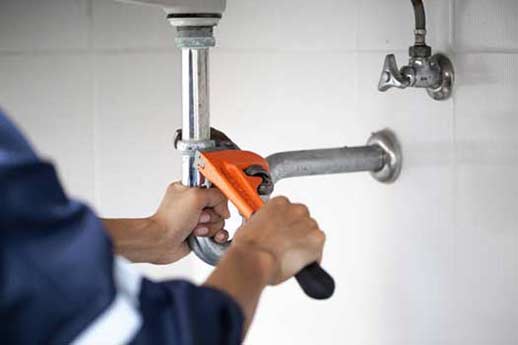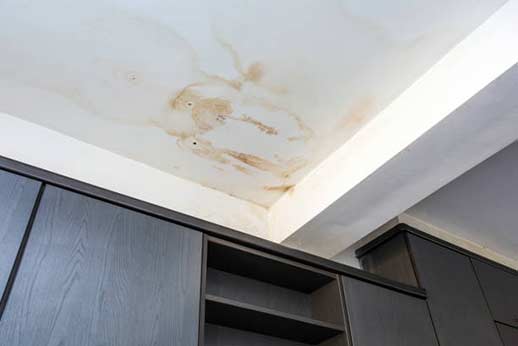Common Reasons for Water Leaking Through the Ceiling After a Shower
Discovering water leaking through your ceiling after a shower can be an alarming and frustrating experience. Not only does it indicate a potential problem with your home’s plumbing or infrastructure, but it can also lead to costly repairs and damage if left unaddressed. Here we will explore some of the common reasons why water may be leaking through your ceiling after a shower and discuss possible solutions to this issue.
Poorly Sealed Shower Fixtures
One of the most common reasons for water leaking through the ceiling after a shower is poorly sealed shower fixtures. If the showerhead, faucet, or other fixtures are not properly sealed, water can seep through the gaps and find its way into the ceiling. It is essential to ensure that all shower fixtures are tightly sealed to prevent any water leakage. You may need to reseal the fixtures using plumber’s tape or contact a local plumber for assistance.
Damaged or Failed Shower Pan
A shower pan is a waterproof barrier installed beneath the shower floor to prevent water from leaking into the subfloor and causing structural damage. Over time, shower pans can become damaged or deteriorate, leading to water leakage. If you notice water leaking through the ceiling after a shower, it could indicate a problem with the shower pan. Inspecting the shower pan for any cracks, gaps, or signs of wear is crucial. If you suspect a damaged shower pan, it is advisable to contact a professional plumber or contractor to repair or replace it.
Blocked or Clogged Drains
Blocked or clogged drains can also contribute to water leaking through the ceiling after a shower. When the drain is obstructed, water may accumulate in the shower stall and overflow onto the floor, eventually seeping into the ceiling. Regularly cleaning and maintaining your drains can help prevent clogs and ensure water flows freely down the drain. If you are experiencing recurring leaks, it may be necessary to call a plumber to inspect and clean out your drains professionally.
Improperly Installed Waterproofing Membrane
A waterproofing membrane is an essential layer installed beneath the shower tiles to prevent water from penetrating the walls and ceiling. If this membrane is not correctly installed or if there are gaps or punctures, water can seep through and cause leaks. It is crucial to ensure that the waterproofing membrane is installed correctly by following the manufacturer’s instructions or hiring a professional contractor. Regular inspections of the membrane can help identify any areas that require repair or reapplication.

If you suspect that damaged pipes or plumbing may be the cause of the leaks, it is recommended to contact a licensed plumber who can assess the situation and make any necessary repairs.
Damaged Pipes or Plumbing
Another possible reason for water leaking through the ceiling after a shower is damaged pipes or plumbing. Over time, pipes can deteriorate due to age, corrosion, or external factors, leading to leaks. Additionally, loose pipe fittings or joints can also result in water seepage. If you suspect that damaged pipes or plumbing may be the cause of the leaks, it is recommended to contact a licensed plumber who can assess the situation and make any necessary plumbing pipe repairs.
High Water Pressure
Excessively high water pressure can also contribute to water leaking through the ceiling after a shower. When the water pressure is too high, it can put stress on the plumbing system, causing leaks to occur. Installing a pressure regulator or adjusting the water pressure at the main water supply can help prevent excessive pressure and potential leaks. It is best to call a professional plumber to determine the appropriate water pressure for your home.
To Conclude
Water leaking through the ceiling after a shower is a problem that should not be ignored. It can indicate various underlying issues, such as poorly sealed fixtures, damaged shower pans, blocked drains, improperly installed waterproofing membranes, damaged pipes or plumbing, or high water pressure. Identifying and addressing the root cause of the leaks is essential to prevent further damage to your home and costly repairs. If you are unsure about the source of the leaks or require assistance, it is recommended to contact a leak detection plumber who can provide expert advice and help resolve the issue effectively.
